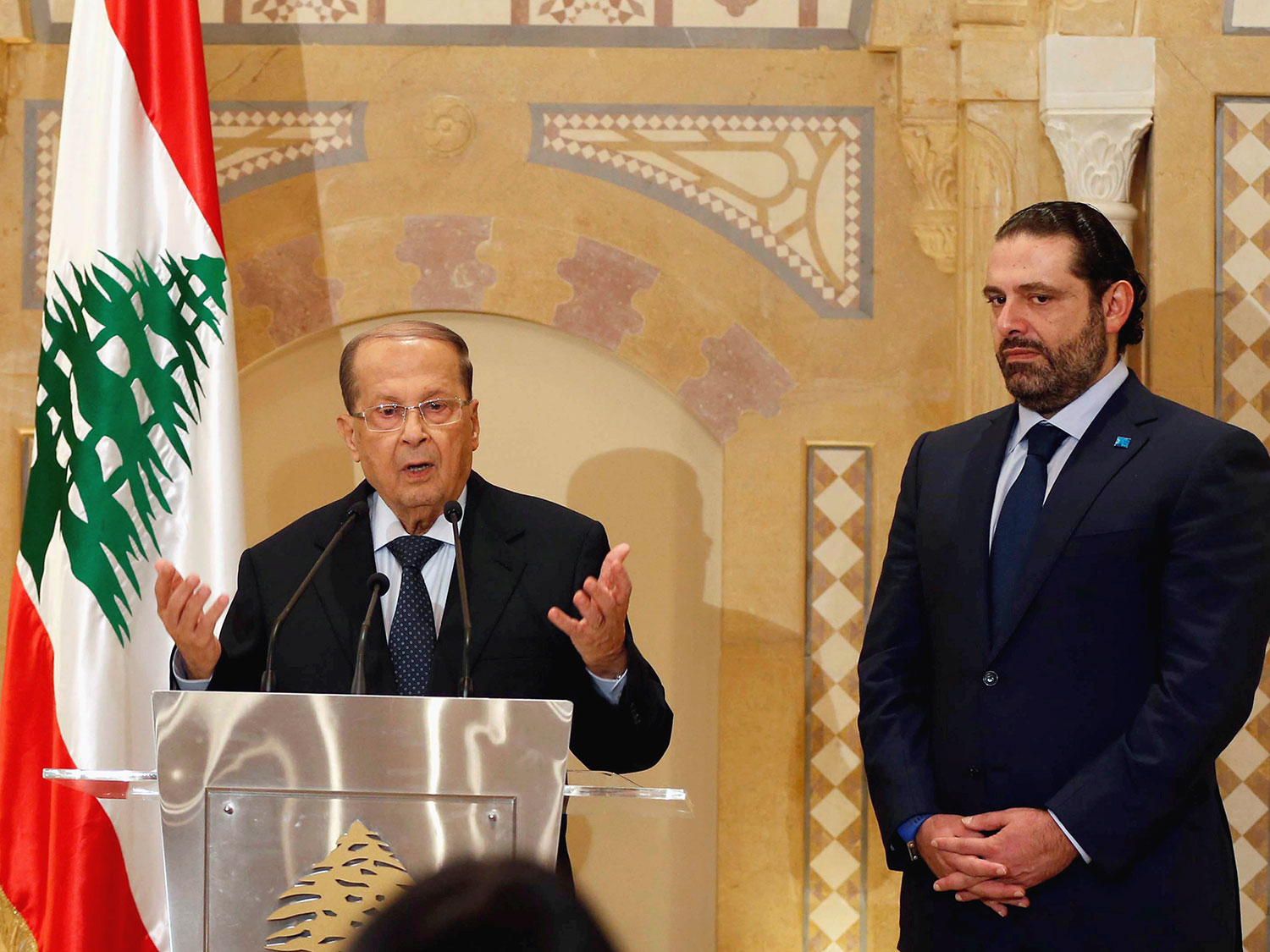

Lebanon’s residents have waited a long time for effective government and the stakes are high
Lisa Barrington -
After years of political deadlock, Lebanon finally has a new government. Now it needs a new economy.
Battered by war in neighbouring Syria, neglected by wrangling politicians and caught in rivalry between regional powers, the pillars of the economy — remittances from overseas workers, tourism and real estate — are not what they were.
Long-term, Lebanon is searching for new sources of growth, which fell from 8-9 per cent to below 2 per cent when Syria’s civil war began in 2011. Beirut is working to start oil and gas exploration, offering support to technology start-ups and urging its vast diaspora to bring their brains and bank accounts home. But before these dreams can be realised, the government, which started work in the new year after the country spent 2-1/2-years without a president, has an urgent to-do list.
The country’s infrastructure has been awaiting repair since the 15-year civil war ended in 1990: roads are clogged with cars, beaches are littered with waste, Internet links are slow or patchy and cuts to power and water supplies are frequent.
Reams of legislation, such as a hydrocarbon industry tax law and the privatisation of the stock market, await completion.
Top of Prime Minister Saad Hariri’s list is a budget, which the country has not had since 2005, and a better environment for business, his economic adviser Mazen Hanna said.
The cabinet encompasses most sides of the country’s political spectrum and all of its religious sects, making any agreement a challenge. “The first sign of the government’s seriousness is if they will pass a new budget,” Hanna said.
“This is the priority now.”
Without one, there will be little chance of tackling Lebanon’s growing fiscal deficit and debt-to-GDP ratio, forecast by the World Bank at 155 per cent this year, the third highest in the world.
The government’s term may be as short as five months if long-overdue parliamentary elections take place on time, but Hanna said it can work on telecoms and the electricity shortages that drive people to hook up to expensive private generators.
It also plans to resolve problems with rubbish disposal which spurred anti-government protests last year and the cabinet includes an anti-corruption minister for the first time.
The fate of Lebanon’s economy is important not only for the livelihoods of 4 million Lebanese, but for avoiding even more chaos in the Middle East: the country is home to more than one million Syrian refugees and half a million Palestinian refugees, and has its own history of instability.
Also, an estimated 14-16 million people of Lebanese citizenship or descent live outside the country. Many send money home, although remittances have been hit by the effect of the low oil price on Gulf economies. “We can sell, we are creative and we are engineers,” said Nicolas Sehnaoui, chairman of the UK-Lebanon Tech Hub, which says it created around 240 jobs in its first two years and aims for 25,000 by 2025. “Instead of shipping our people out we want to ship our digital products out.”
But a tech-based economy needs fast Internet and reliable electricity and the stock market needs to be privatised so smaller companies can go public, a process already two years behind schedule.
Both the World Bank and the Association of Banks in Lebanon have said the central bank cannot hold the fort alone.
“The Bank of Lebanon and the country’s banks have spent enough time, sometimes at great cost, preserving monetary stability. It is time to support this stability with fiscal and economic policies which favour real growth,” ABL’s head Joseph Torbey said.
Hanna said he hopes the new government can itself eventually provide such stimulus measures.
In the meantime, Foreign Minister Gibran Bassil toured South America late last year to try to persuade Lebanese there to return home. Real estate company Demco Properties has widened the effort.
Its “Lebanon is calling” advert broadcast on US television shows a Lebanese businessman in an office with a commanding view of a US city receiving a call from a deep-voiced Lebanon, which tells him: “I’m back on my feet again” and “Home is waiting”.
Lebanon’s residents have waited a long time for effective government and the stakes are high.
“The solutions are there, today we have a political will,” Hanna said. “Let’s hope it materialises into tangible results for the Lebanese.” — Reuters
Oman Observer is now on the WhatsApp channel. Click here



